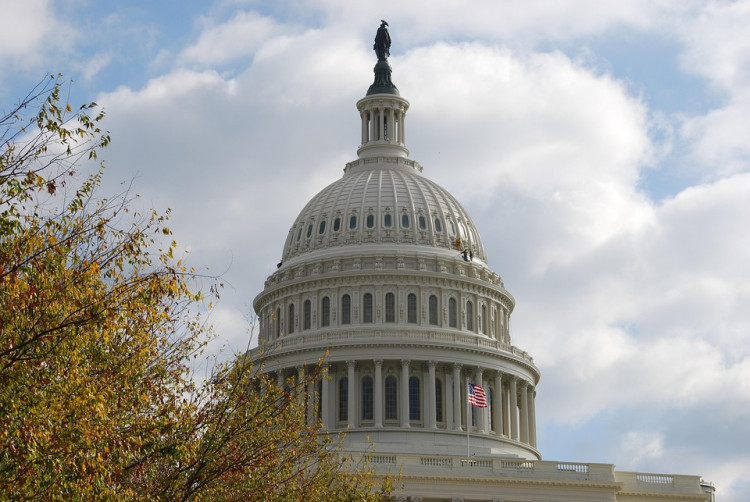The U.S. government shutdown stretched into its third day Friday with little sign of resolution, as Democrats pressed for health care subsidies tied to the Affordable Care Act and President Donald Trump signaled he was prepared to leverage the funding lapse for sweeping cuts and layoffs across federal agencies.
The Senate was set to vote again on dueling proposals but neither measure appeared close to reaching the 60-vote threshold needed to advance. Democrats blocked the GOP's continuing resolution that would have reopened the government until Nov. 21, while Republicans rejected a Democratic plan that paired funding with an extension of ACA tax credits worth about $1.5 trillion.
House Democratic leader Hakeem Jeffries said outside the Capitol, "Understand this, over the last few days and over the next few days, what you're going to see is more than 20 million Americans experience dramatically increased health care premiums, co-pays and deductibles because of the Republican unwillingness to extend the Affordable Care Act tax credits."
Republicans accused Democrats of orchestrating a "cynical political shutdown." Sen. Roger Marshall of Kansas said on the Senate floor, "This Democrat shutdown is nothing but a cynical political shutdown, with Senator Schumer kowtowing to his radical left-wing extremists."
Senate Majority Leader John Thune acknowledged that bipartisan conversations were taking place but cautioned against expecting a quick breakthrough. "I'm glad that people are talking," he said. "But it all starts with what I've said before, reopen the government, and I think that's what we got to have happen first."
Trump, meanwhile, described the shutdown as an "unprecedented opportunity" to implement deep cuts. White House budget director Russell Vought confirmed that $26 billion in previously approved projects had already been frozen, including $18 billion for transportation initiatives in New York City and $8 billion in what he derided as "Green New Scam funding" across 16 Democratic-led states.
The stakes extend far beyond Capitol Hill. The Congressional Budget Office estimated that roughly 750,000 federal workers could be furloughed, losing about $400 million in wages daily until the government reopens. The ripple effect could dent consumer demand and slow broader economic activity.
House Speaker Mike Johnson said Democrats were inflicting "real pain" on Americans by rejecting Republican stopgap bills. "Real pain is being inflicted upon the American people because 44 Democrats in the Senate have voted for the third time to reject" GOP legislation, he told reporters.
Some senators floated compromise ideas, including a short-term extension to Nov. 1, aligning with ACA open enrollment, or a one-year renewal of tax credits in exchange for temporary funding. But Sen. Amy Klobuchar, speaking on the Senate floor, argued Republicans were unwilling to engage seriously. "Unfortunately, right now our Republican colleagues are not working with us to find a bipartisan agreement to prevent the government shutdown and address the health care crisis," she said.






